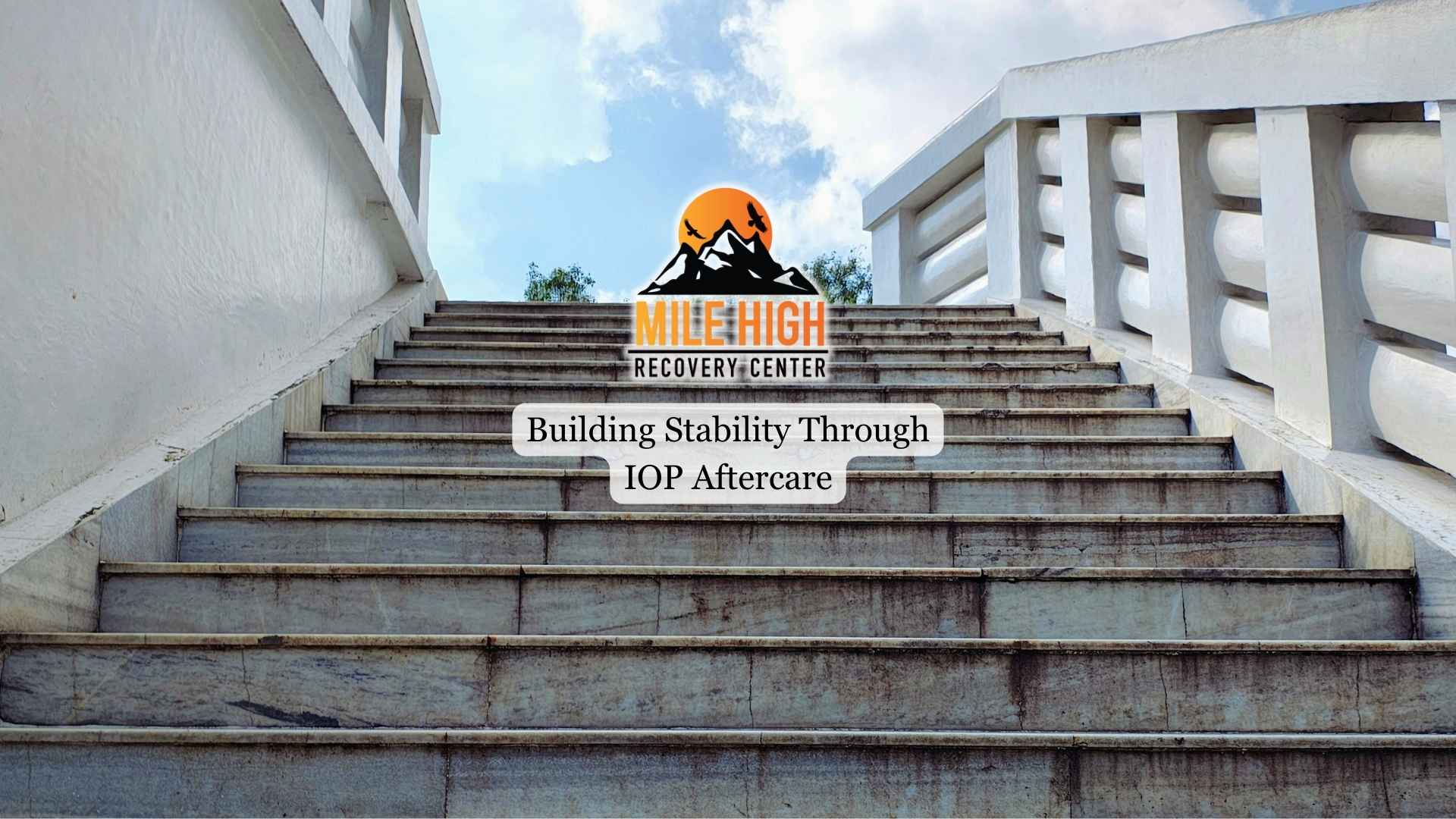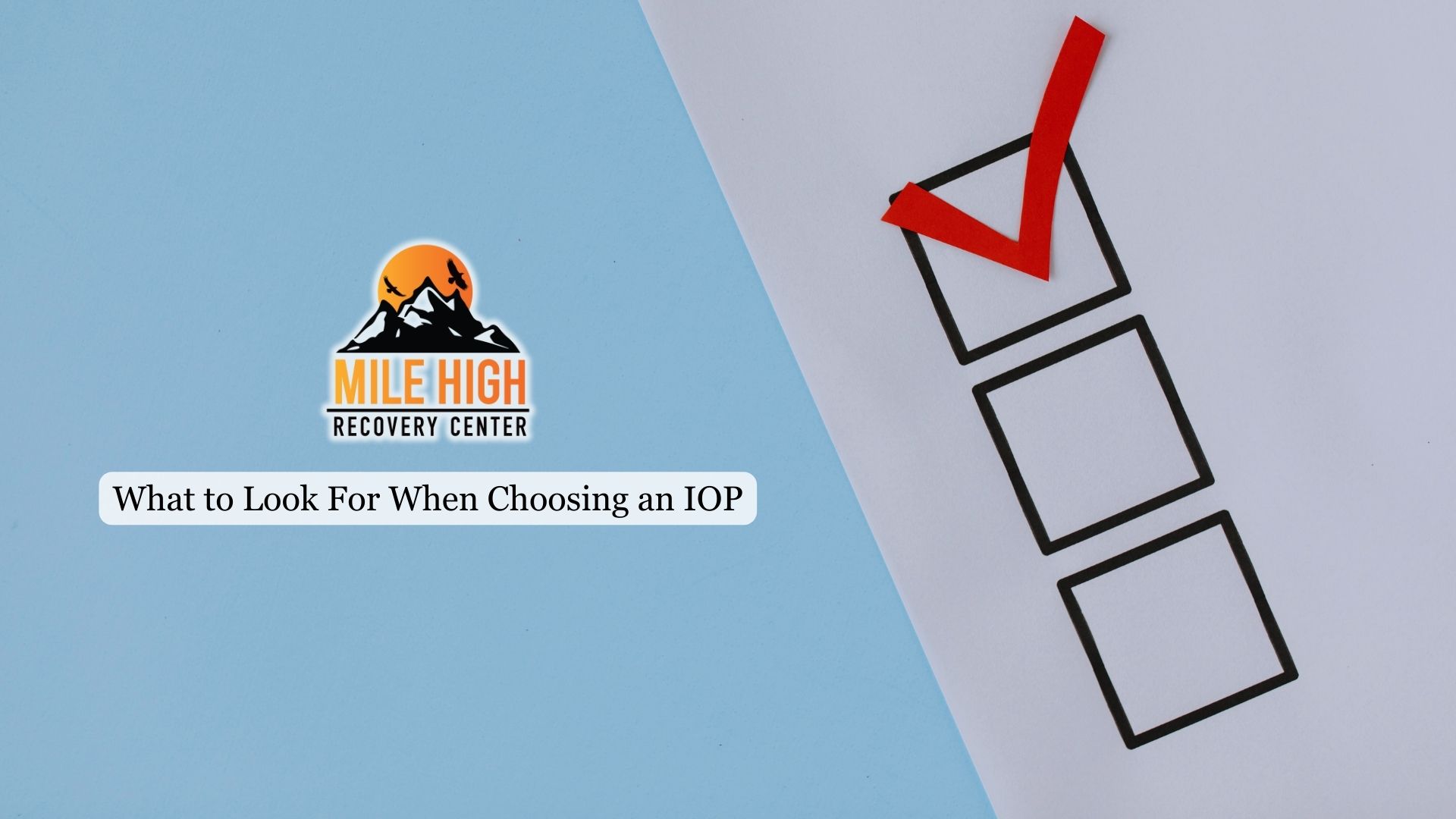Today, benzos, also known as a benzodiazepine, are abused across the country. Doctors prescribe benzos every day for short-term uses ranging from anxiety to insomnia. Benzos are highly popular in the medical community because they treat multiple symptoms. However, because of their calming effect, benzos are frequently abused. For those struggling with benzos, a benzo rehab program and addiction treatment center can help.
If you or someone you know has developed a benzo dependency, Mile High Recovery Center can help. Our Denver, Colorado, benzo addiction treatment center provides long-term care that works. Call us today at 303-268-2144 to learn more.
What is Benzodiazepine?
Benzodiazepine is a synthetic drug that slows the brain’s processing by increasing GABA in the brain. GABA is a natural chemical the brain makes to keep us calm and help us stay asleep at night. While the brain makes GABA, life stressors, illness, trauma, and even seasonal changes can alter one’s GABA levels. Benzos flood the brain with more GABA than we can make on our own. While this may be helpful for those struggling with insomnia, anxiety, and traumatic stress, over time, the brain will stop making GABA on its own. Commonly prescribed benzos include:
- Klonopin
- Xanax
- Restoril
- Valium
- Librium
- Ativan
- Dalmane
Most benzo prescriptions are intended for short-term use. A 1-2 week prescription can help people struggling with sudden stress like moving, losing a loved one, natural disaster, and other trauma. However, benzo’s calming and euphoric effects can make those struggling with insomnia, anxiety, and life events likely to continue self-medicating with benzos. After the 2-week period, prolonged use can lead to addiction and further disrupt brain chemistry.
Benzodiazepine’s Effects Lead to Addiction
Like most addictive prescription drugs, benzos alter brain chemistry. While short-term effects can help mitigate stress, long-term effects can be detrimental to a person’s daily life. Long-term effects include:
- Trouble following conversations
- Difficulty staying on task
- Slow mental and verbal processing
- Memory loss
- Difficulty understanding language
The prolonged use of benzos can cause the brain to stop understanding the world. The understanding of objects, people, and the world at large can shift. When a person stops taking benzos, they will experience a “rebound effect.” The symptoms they initially treated, like anxiety and insomnia, will return and worsen during this time. Because benzos affect the brain, benzo addiction is most successfully treated in an addiction treatment program. Both inpatient and outpatient programs can help clients safely detox from benzos, restore natural levels of GABA, and address the root causes of benzo addiction.
While most programs offer 30, 60, and90-day detox and psychiatric care, studies show long-term addiction treatment can lead to more success in recovery. Programs featuring family therapy, alumni networks, 12-step meetings, and post-recovery plans can help.
Benzo Addiction Treatment Center in Denver, Colorado
If you or someone you know is struggling with benzos, know you are not alone. Benzodiazepine is a highly addictive drug prescribed to people every day around the country. At Mile High Recovery Center, we believe that everyone struggling with an addiction deserves a year of extended care for a strong recovery. Our Denver-based addiction treatment center treats clients with partial hospitalization and outpatient programs to help people integrate sobriety into their lives. Our compassionate staff uses medically assisted detox and trauma-informed therapy to ease withdrawal and identify addiction triggers.
Our long-term recovery plans are here to help you and your loved ones affected by benzo addiction.
Begin Benzo Rehab at Mile High Recovery Center Today
If you or your loved ones are ready for compassionate addiction treatment in Denver’s City Center neighborhood, call Mile High Recovery Center today at 303-268-2144 to learn more about our long-term treatment programs.






